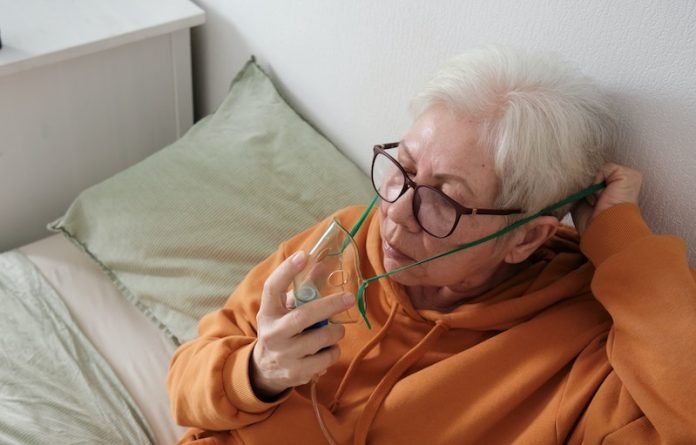
A small randomized trial conducted by researchers from Tel Aviv University and Shamir Medical Centre in Israel has found that hyperbaric oxygen therapy (HBOT) can promote the restoration of the heart’s ability to contract properly in patients with post-COVID syndrome.
The research, presented at the EACVI 2023 scientific congress of the European Society of Cardiology, suggests that HBOT may be beneficial for patients with long COVID.
Understanding Long COVID and Its Impact on the Heart
Long COVID, also known as post-COVID condition or syndrome, affects approximately 10-20% of individuals who have recovered from the initial COVID-19 illness.
Symptoms of long COVID can be wide-ranging and include shortness of breath, fatigue, cough, chest pain, rapid or irregular heartbeats, body aches, and more.
These patients may also experience cardiac dysfunction and face an increased risk of various cardiovascular disorders.
Exploring the Effects of Hyperbaric Oxygen Therapy
The randomized controlled double-blind trial involved 60 post-COVID syndrome patients who had experienced ongoing symptoms for at least three months after mild to moderate symptomatic COVID-19.
Both hospitalized and non-hospitalized patients were included in the study, while severe cases were excluded.
The participants were randomly assigned to receive either hyperbaric oxygen therapy or a sham procedure.
Hyperbaric oxygen therapy involves the inhalation of 100% pure oxygen at high pressure to improve the delivery of oxygen to the body’s tissues.
It has been used to treat conditions such as non-healing wounds, decompression sickness, carbon monoxide poisoning, radiation injury, and certain infections.
The HBOT group received 100% oxygen through a mask at a pressure of 2 atmospheres for 90 minutes, with short air breaks every 20 minutes.
The sham group, on the other hand, breathed 21% oxygen at normal atmospheric pressure for the same duration.
Echocardiography, a non-invasive imaging technique, was used to assess left ventricular global longitudinal strain (GLS), which measures the heart’s ability to contract and relax lengthwise.
Promising Results for Hyperbaric Oxygen Therapy
The study found that nearly half of the participants had reduced GLS at baseline, indicating impaired cardiac function despite having a normal ejection fraction, which is a standard measure of the heart’s ability to contract.
However, in the HBOT group, GLS significantly improved from baseline after the intervention, while no significant difference was observed in the sham group.
These findings suggest that HBOT may promote the recovery of cardiac function in patients with post-COVID syndrome.
However, further research is needed to gather long-term results and determine the optimal number of HBOT sessions for maximum therapeutic effect.
Professor Marina Leitman, the study’s author, emphasized the importance of assessing global longitudinal strain and considering hyperbaric oxygen therapy as a potential treatment option for long COVID patients with reduced heart function.
This research contributes to our understanding of the mechanisms underlying post-COVID cardiac complications and offers hope for improving the management and outcomes of patients with long COVID.
If you care about heart health, please read studies about COVID infection and vaccination linked to heart problems, and how to drink coffee to prevent heart disease and stroke.
For more information about heart health, please see recent studies about common food that may strongly increase heart disease risk, and results showing Vitamin K2 could help reduce heart disease risk.
Copyright © 2023 Knowridge Science Report. All rights reserved.



